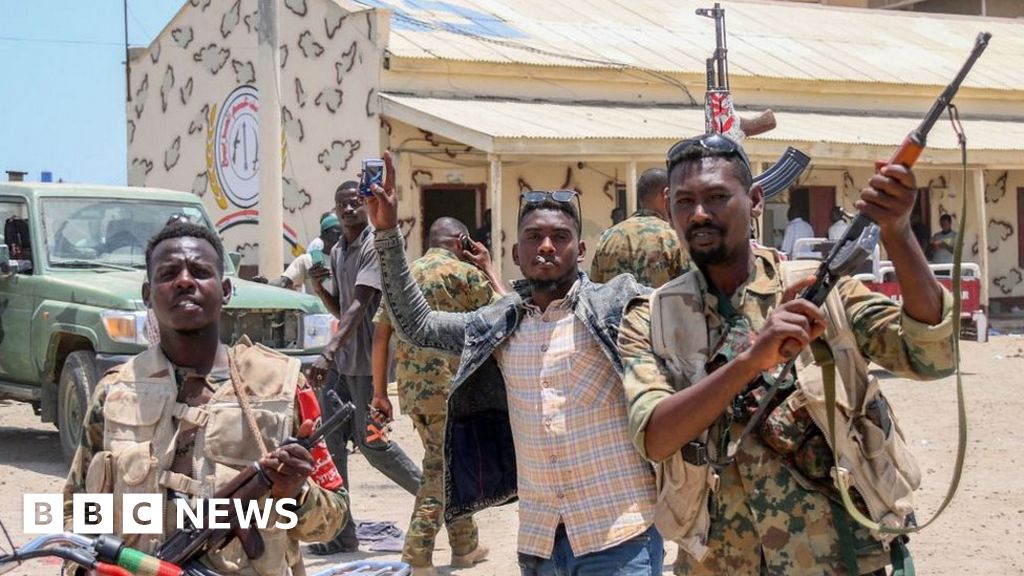
A planned summit involving the United States, Egypt, Saudi
Arabia, and the United Arab Emirates, aimed at exploring ways to resolve the
ongoing conflict in Sudan, has reportedly been called off.
The meeting, which was scheduled for the end of the month,
was expected to focus on potential political solutions to the war between the
Sudanese Armed Forces and the Rapid Support Forces (RSF).
The decision to cancel the summit followed Egypt’s alleged reservations about a
proposal reportedly backed by the U.S.
The proposal suggested launching a political transition
process led by neutral civilian actors, with the exclusion of both the army and
the RSF from key transitional roles.
Egypt, which maintains close ties with Sudan’s military
establishment, is said to have viewed the proposal as potentially undermining
its regional interests.
Analysts suggest that Cairo's position reflects a broader
strategy centered on maintaining stability in Sudan through established
military structures, which it sees as important for its own national security
and economic priorities.
Although Saudi Arabia and the UAE were reportedly open to
continued discussions, the lack of consensus among the quartet led to the
shelving of the planned talks.
The differing positions among the key players are seen as a
setback to coordinated efforts aimed at de-escalating the Sudanese crisis and
facilitating a peaceful transition.
The development also underscores ongoing challenges in achieving unified international support for a path forward in Sudan, where attempts at post-coup transitions have faced significant hurdles. Observers note that the absence of a shared approach among global and regional actors may further complicate efforts to bring lasting stability to the country.













